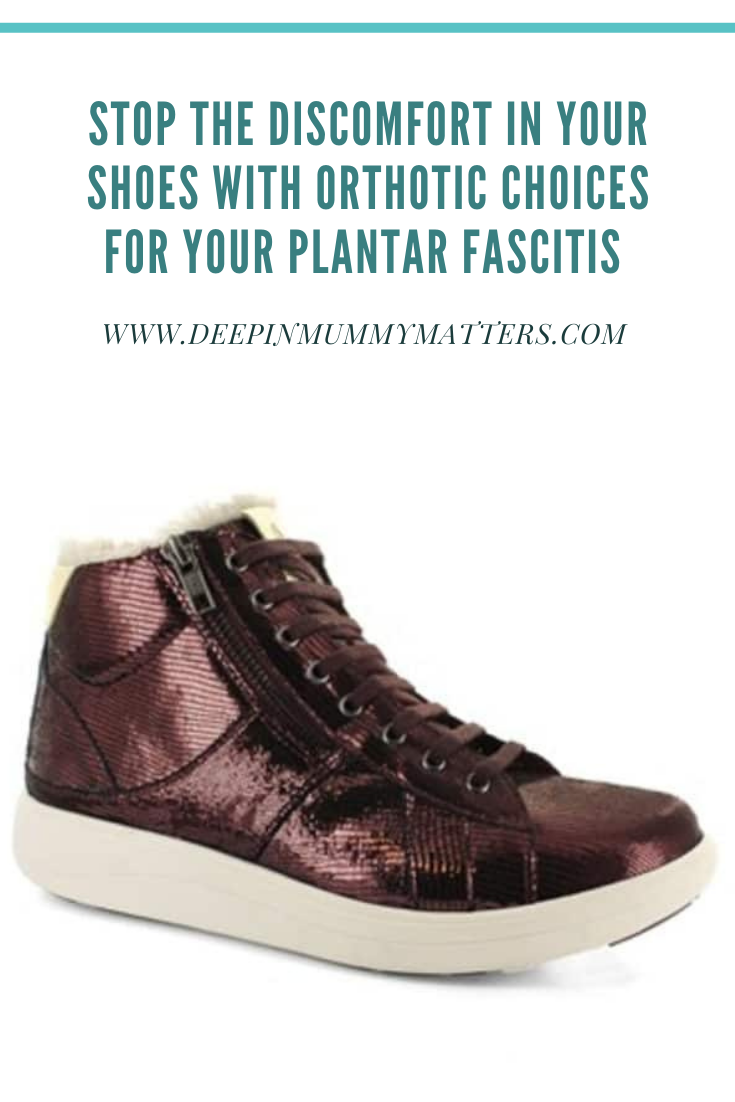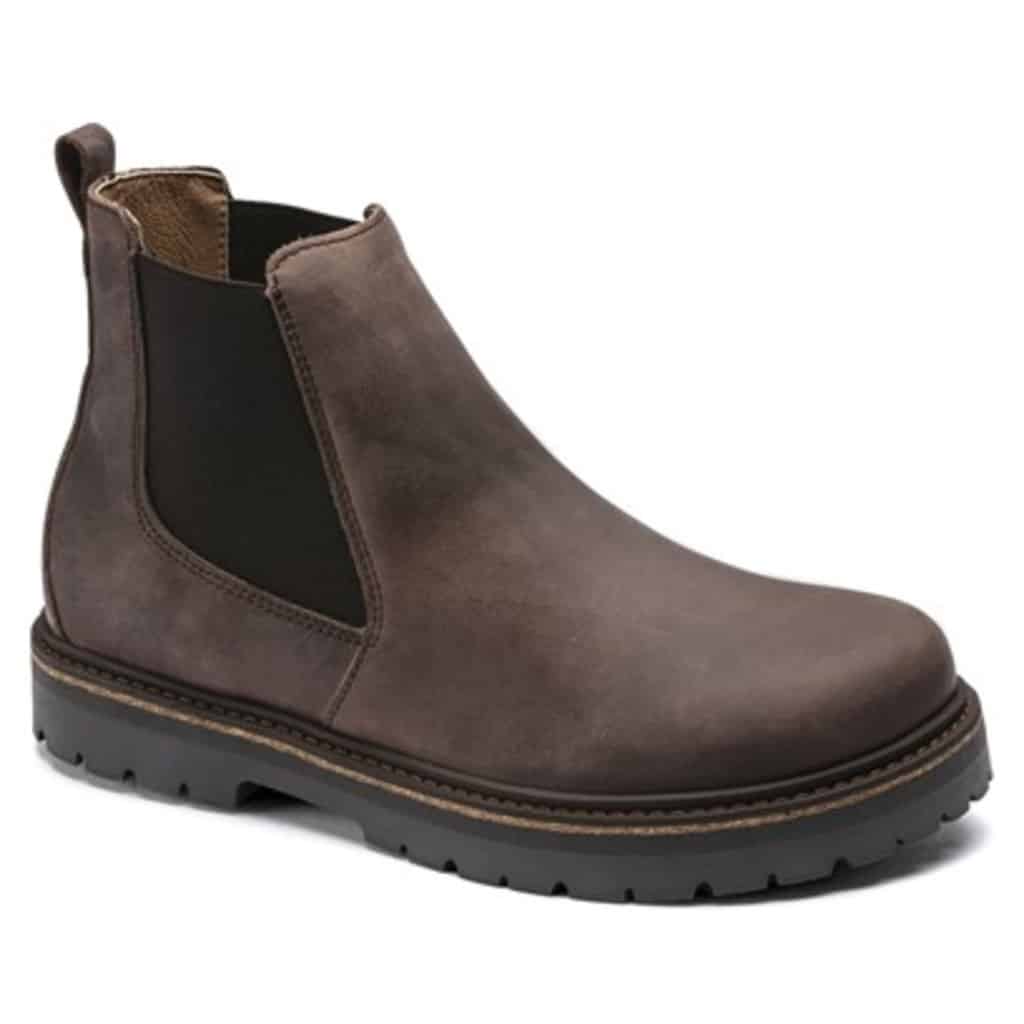Are Custom Orthotics Helpful For Plantar Fasciitis?
A pair of good custom orthotics can go a long way in correcting your plantar fasciitis by providing support for your arch and cushion for a sensitive, weak heel pad. This is why orthotics are among the most recommended conservative plantar fasciitis treatments.
Plantar fasciitis is the area in the bottom of your feet where you feel pain, close to your arch and heel. Heel pain complaints are the most common foot problems in the UK.
This bone is the largest in your foot, and you feel pain in this part more intensely than other parts of your foot. Thousands of people in the UK usually feel the sharp, throbbing pain in their heel first thing when they wake up or after a long time of inactivity.
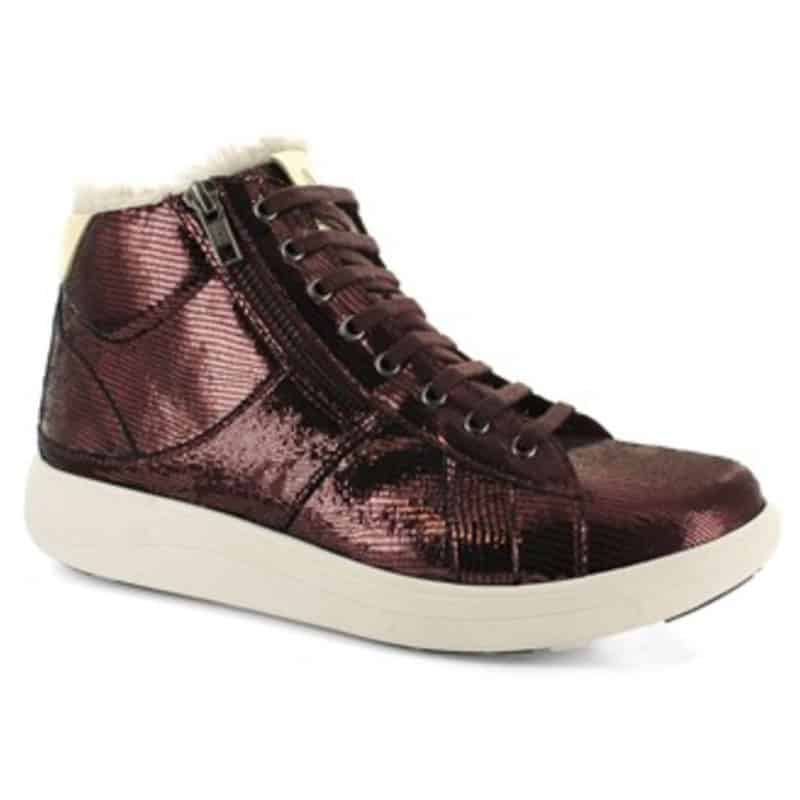
Best for inbuilt orthotics – Strive Chatsworth II Ladies Plum Glamour Leather
Arch Support Zip & Lace Ankle Boots
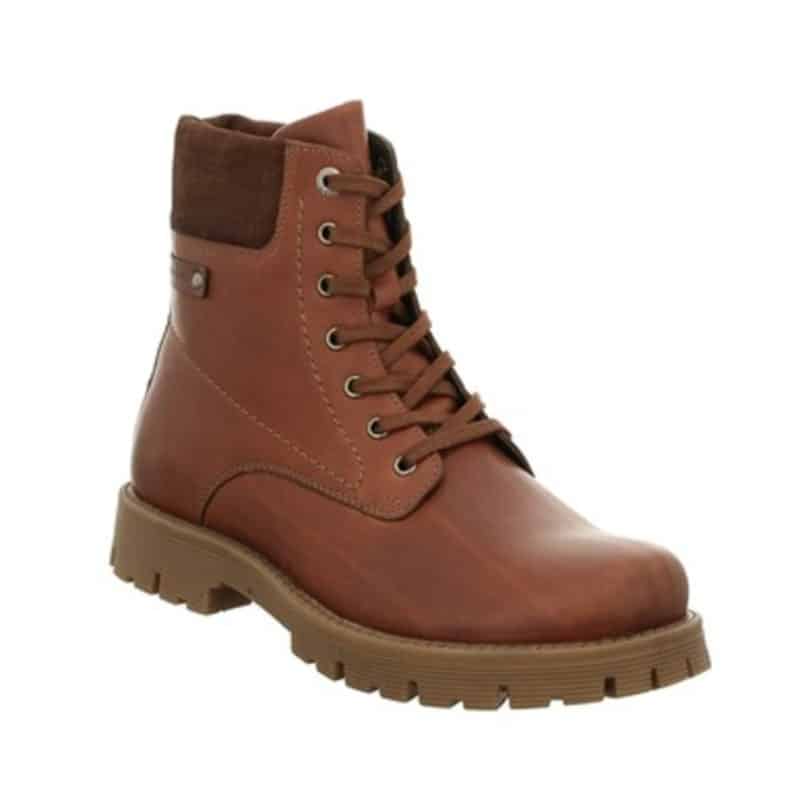
For Men, Josef Seibel Cheston 01 Mens Castagne Nubuck Lace Up Ankle Boots
While walking may be a kind of low-impact activity for other parts of the body, the heel is tasked with absorbing the weight of your body as your feet support you. That is why you must ensure that your feet are correctly supported to reduce this impact to avoid heel pain, especially if you intend to go on a long walk.
Wearing shoes like walking boots, trainers, or special orthopaedic shoes can help prevent pain and offer relief from heel pain you may be experiencing already.
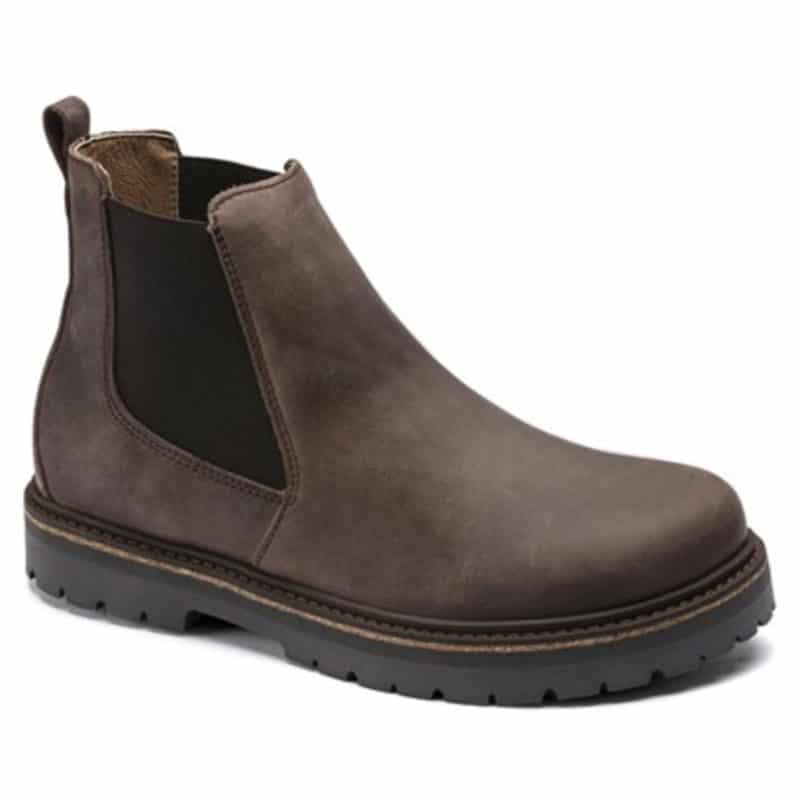
Birkenstocks own take on the classic Chelsea boot; these fashionable boots come with a removable footbed and a light sole made from synthetic materials and moisture-wicking fibre lining.
Causes of Pain in the Heel of Your Foot
- Your calf muscles are tight.
- You are seriously involved in running or sports
- You spend long hours walking or running on hard surfaces.
- You are pregnant or overweight.
- You are above the age of 50.
- You have over-pronation (your arches are lowered).
Prevention
Here are a few guidelines to prevent heel pain:
- Keep your weight healthy – being overweight puts pressure on the feet, leading to pain.
- Buy good shoes – wear shoes that provide cushion and support for the foot. Ideally, they should feature a slight heel to remove some pressure from your heel and arches.
- Change sports shoes frequently – especially if you are involved in activities that put more pressure on the feet, for instance, running.
- Listen to your body – if you feel pain in your heel during exercise, take a break until it feels better before proceeding with your routine. Also, ensure that you do stretches after exercise.
- Avoid walking barefoot on hard ground.
Read about the recommended brands offering plantar fasciitis shoes from Elevate Your Sole in North Wales or via their website, https://www.elevateyoursole.co.uk/
Plantar Fasciitis Pain – How to Find the Best Shoes
The general toughness of the shoe, in addition to the midsole structure, will determine the level of stress on your arch. The exact firmness or softness needed for your shoe will be determined by the anatomy of your foot.
I have a high arch, what should I do?
A softer shoe is recommended if your foot is somewhat firm with a high arch. The reason is that a solid surface will place too much-localised stress on your forefoot and heel, causing strain in the plantar fascia.
Try not to go too soft. The arch support in the shoe will collapse down uselessly if there is not enough stiffness. As a result, inexpensive insoles are not a viable alternative for enhancing your shoes since the support structure is too weak to make any impact.
What are the best shoes for a low arch?
For people that are pronators, meaning that they have a low arch and a foot that pronates a lot, a rigid shoe with strong arch support would be the better option for such people.
Plantar fasciitis runners are often conversant with Birkenstocks because the cork moulds to the foot’s structure and provides solid, stiff support over the length of the foot while reducing the pressure on the arch.
Plantar Fasciitis – How to Find the Best Running Shoes
We wish we could provide you with a specific pair of shoes to assist you to get rid of your plantar fasciitis discomfort, but such shoes don’t exist. Unfortunately, it all boils down to figuring out what works best for you as far as selecting the finest running shoes for plantar fasciitis is concerned.
You may need to buy a variety of brands and shoe styles to observe each pair for a few weeks to see whether there will be any different. The arch support, heel-to-toe drop, and cushioning will all be different.
If you are always wearing a higher drop shoe, the result could be additional stress on those muscles, thereby exacerbating the issue. Every runner is unique in their way of doing things. Everyone has their unique styles of running, walking, and source of comfort.
You may indeed be required to try out several different shoes before discovering one that works for you, but it’s worth it if, in the long run, it saves you a lot in physical therapy fees.
